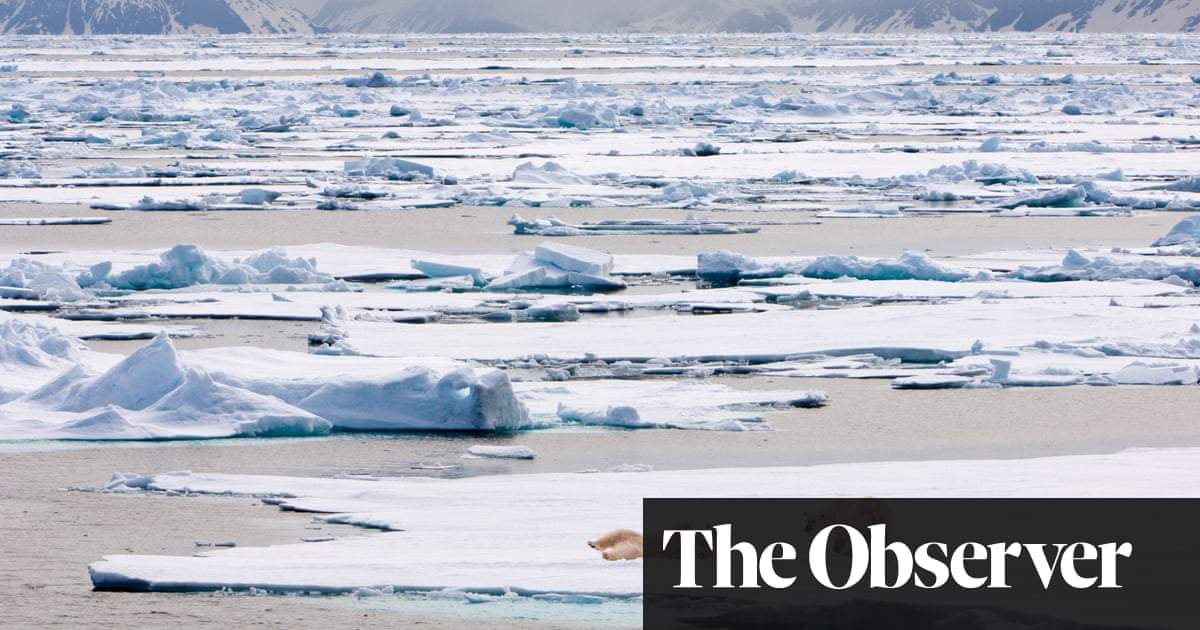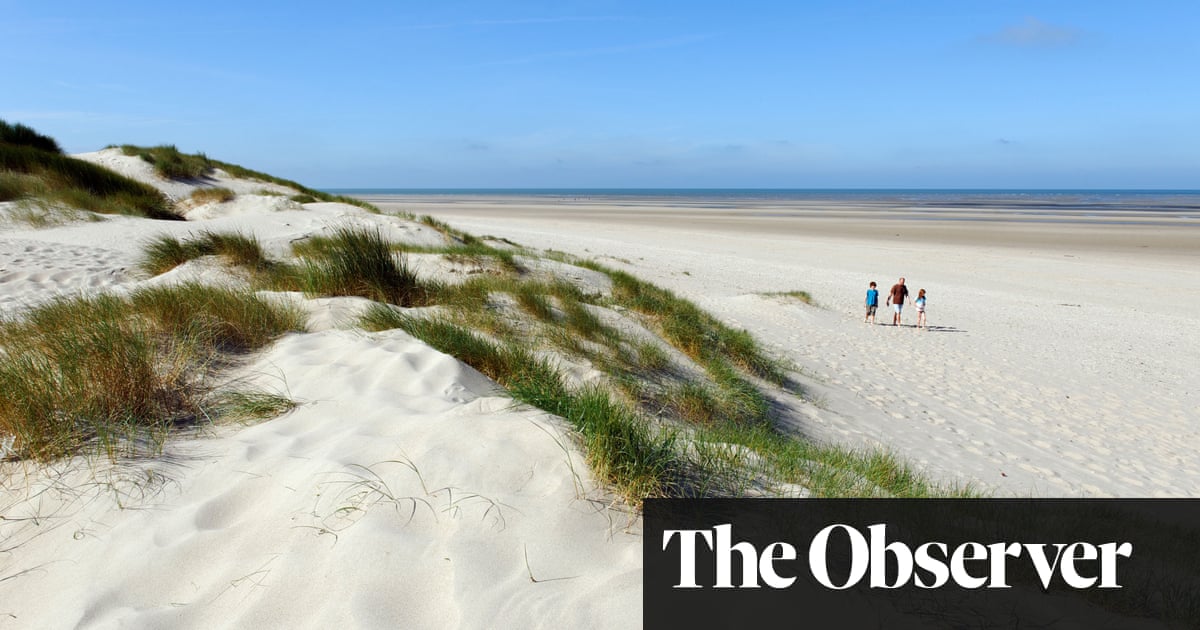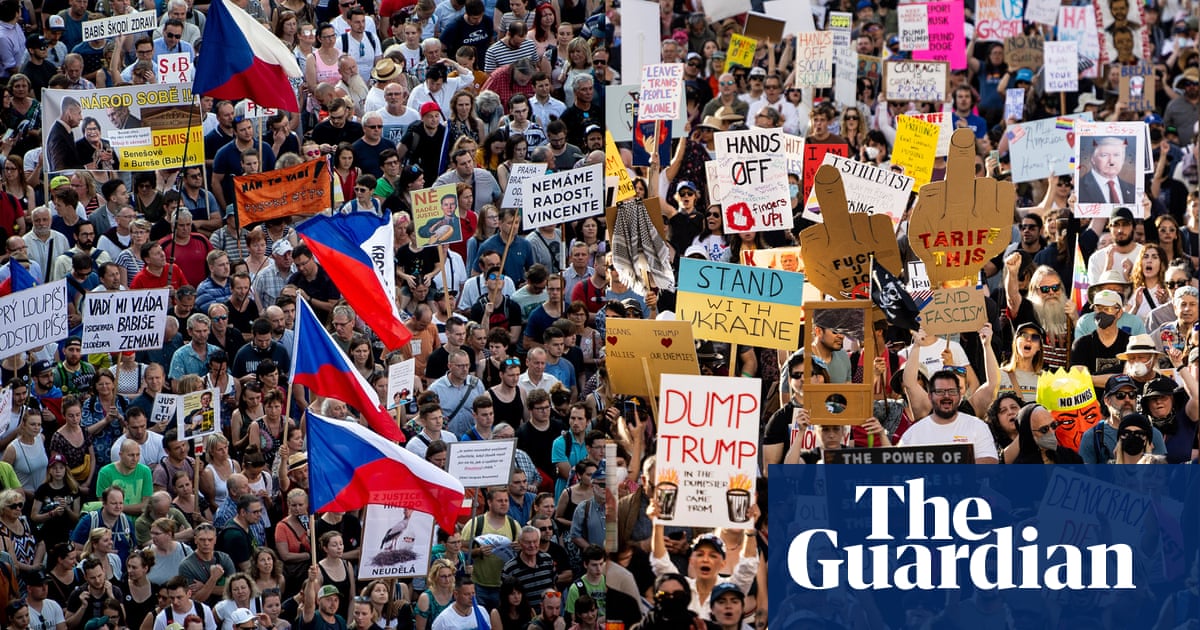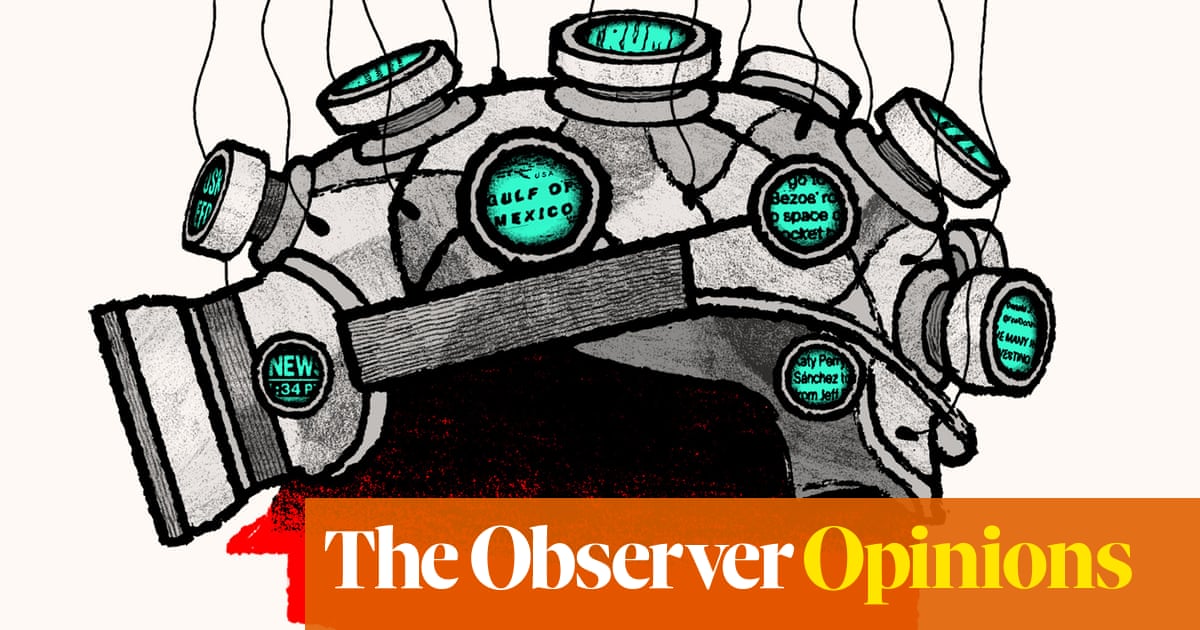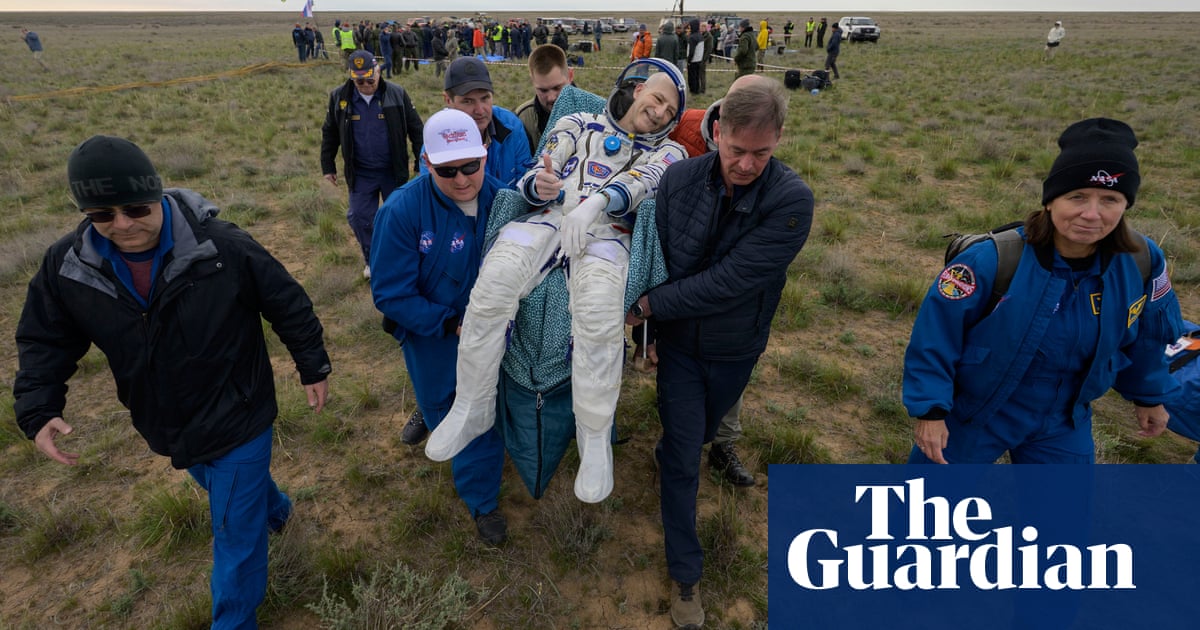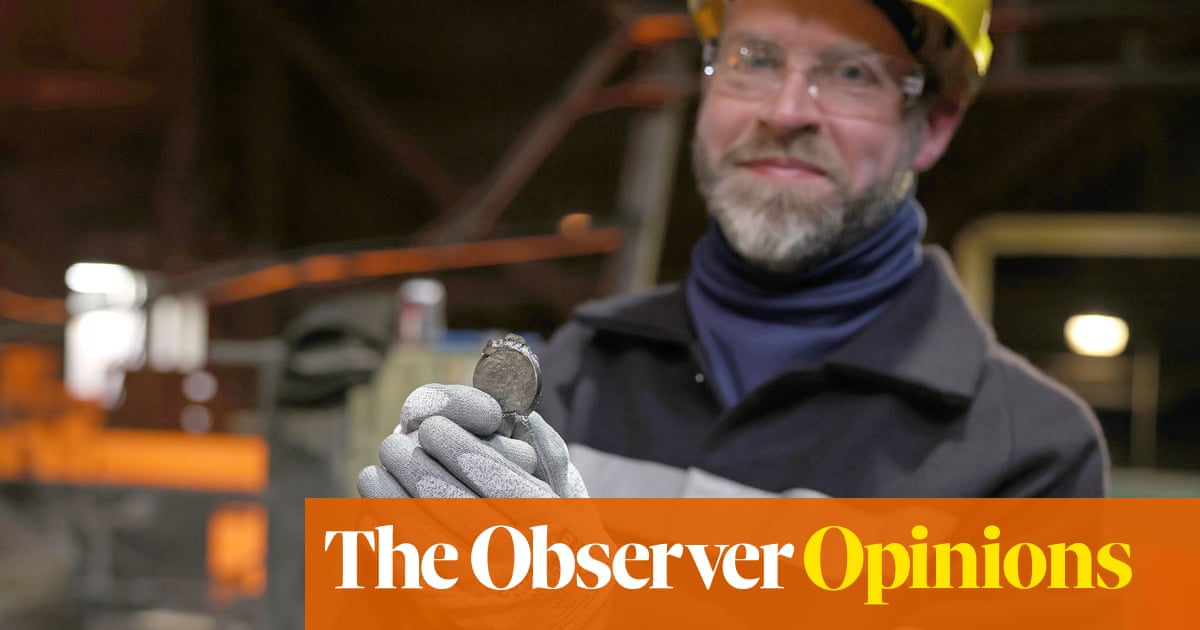A leafy corner to the west of Watford was transformed into a jungle last year. Authentic-looking exotic flowers lined the floor, tree trunks soared up to an artificial canopy and reeds hung from their branches. Peering between them was Hollywood A-lister Scarlett Johansson.
The extravagant construction was a set in Sky Studios Elstree where the movie Jurassic World: Rebirth was being made. Filming there, instead of in an actual jungle, enabled Universal Pictures to pocket millions of pounds of UK taxpayers’ money to partially cover its blockbuster costs.
Jurassic World: Rebirth, which is released in cinemas in July, is the third movie about dinosaurs that Universal has made in the UK. Recently filed documents reveal that HMRC gave its predecessor, 2022’s Jurassic World: Dominion, £89.1m – believed to be the largest payment for a film since the UK government incentive scheme began in 2007. The scheme, designed to drive investment in the UK’s film industry, gives studios a reimbursement of up to 25.5% of the sum they spend on making a movie in the UK, provided that at least 10% of its total cost is incurred there.
Analysis of more than 400 sets of filings also shows that Dominion was one of the most expensive movies of all time, with total costs of £453.6m, just overtaking the £452m spent on Star Wars: The Force Awakens in 2015.
The £89.1m from the incentive scheme, along with £2.8m from the coronavirus job retention scheme, brought the net cost of making Dominion down to £361.7m. Its 2018 prequel, Jurassic World: Fallen Kingdom, banked a further £70.7m from the scheme, bringing the total to £159.8m for the two. Universal’s movie division made combined profits of £3.9bn ($5.2bn) during the time that Dominion was made.

The latest data from HMRC shows that, in 2023, it handed a total of £553m to movie studios, bringing the total paid since 2007 to £5.9bn. When it increased the level of tax relief for the film industry about a decade ago, the government noted that “this measure is expected to have a positive impact on the film industry, but is not expected to have significant wider macroeconomic impacts”.
The latest data from the British Film Institute (BFI) shows that, in 2019, every £1 of reimbursement handed to studios generated £8.30 of additional Gross Value Added (GVA) benefit for Britain’s economy. It led to a total of £7.7bn in GVA being generated by the film incentives in 2019.

Released in December 2021, the BFI’s Screen Business report shows that, between 2017 and 2019, the incentives to studios yielded a record £13.5bn of return on investment to Britain’s economy and created more jobs than ever before. Filming drives spending on services such as security, equipment hire, transport and catering. In 2019, this spending created 49,845 jobs in London and 19,085 throughout the rest of Britain. Universal alone spent £37.5m on the staff behind Dominion and Fallen Kingdom.
Critics, however, have queried the effectiveness of the scheme. Some argue that Britain’s filming facilities, talent and landscape are strong enough to attract studios without incentives, so the UK could reap the benefits without the government needing to spend any money.
John O’Connell, chief executive of the TaxPayers’ Alliance, which campaigns for reform of UK taxation , said: “It’s little wonder that the majority of taxpayers feel hard done by when they see the eye-popping sums saved by larger companies. Inward investment is a major boon for the UK but the right balance must be struck.”
after newsletter promotion
The incentive scheme has made the finances of films more transparent. The cost of movies made in the US is usually a closely guarded secret as studios tend to absorb the cost of individual films in their overall expenses and don’t itemise how much was spent on each one.
In contrast, studios set up separate companies for movies made in the UK to show more than 10% of the total cost was spent here, in order to qualify for the scheme. The companies have to file annual accounts, which lifts the curtain on everything from staff numbers and salaries to total costs.
Dominion starred Chris Pratt, along with Laura Dern, Sam Neill and Jeff Goldblum – the original cast of the 1993 Oscar-winner Jurassic Park. It was made at the height of the pandemic in 2020, causing the cast to quarantine for five months at the opulent Langley hotel, a former manor home of the third Duke of Marlborough where rooms cost more than £400 a night.
William Sargent, chair of London-based visual effects firm Framestore, said: “The spend happens and taxes are paid a year at least before the government writes a cheque in return.” He added that film industry workers then spend the money they have been paid which, in turn, generates more tax receipts for the government: “If you follow the actual tax collection against the impact of this onward money, it vastly exceeds the payout.”
Universal Pictures was contacted for comment.

 3 hours ago
5
3 hours ago
5



